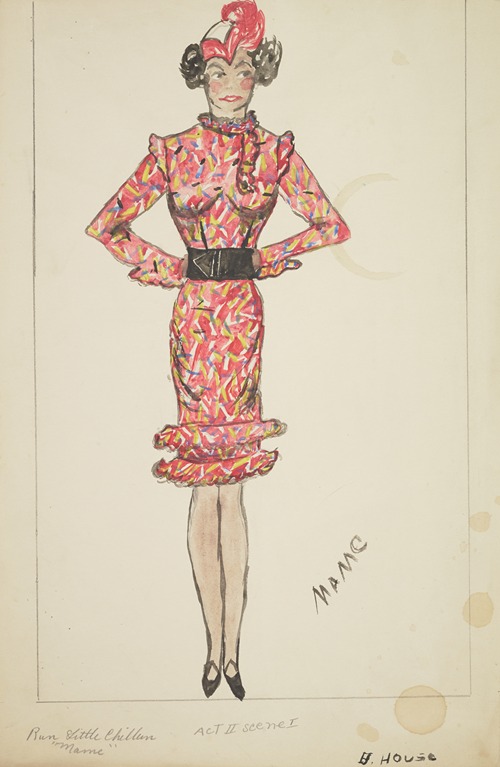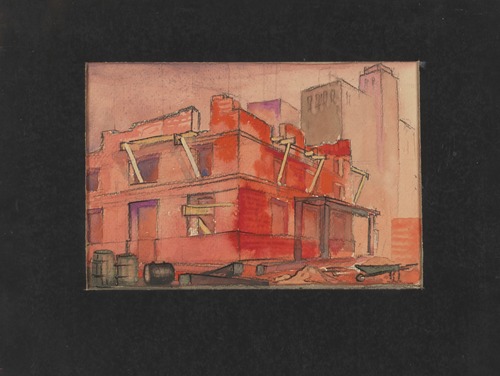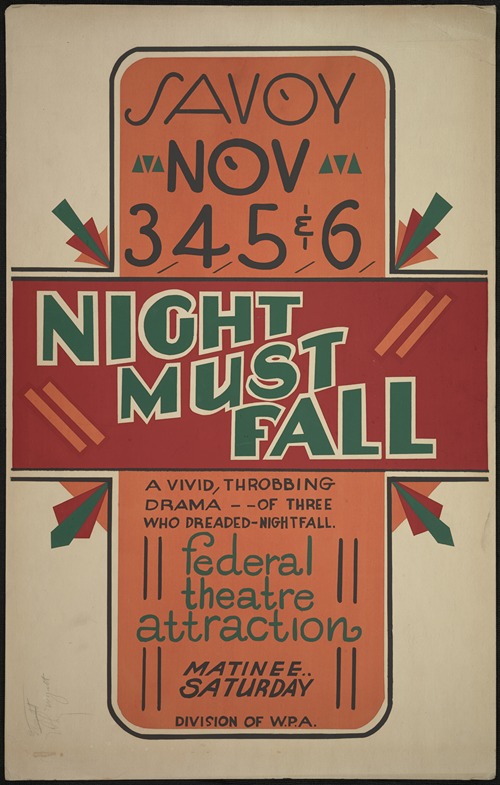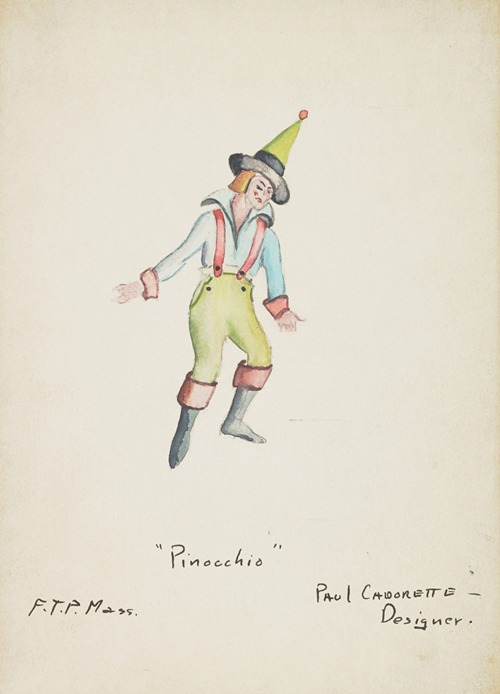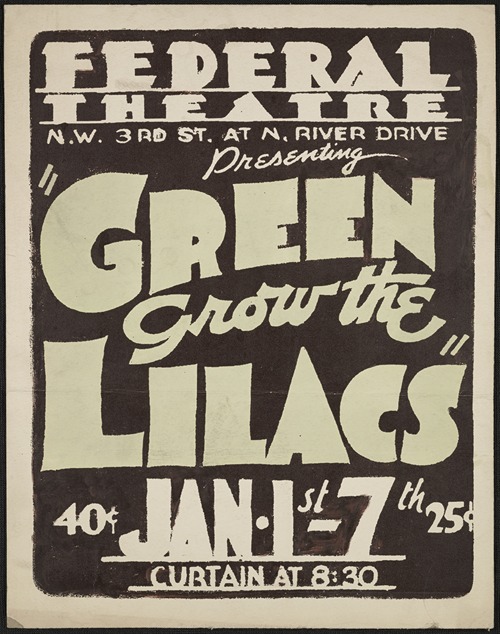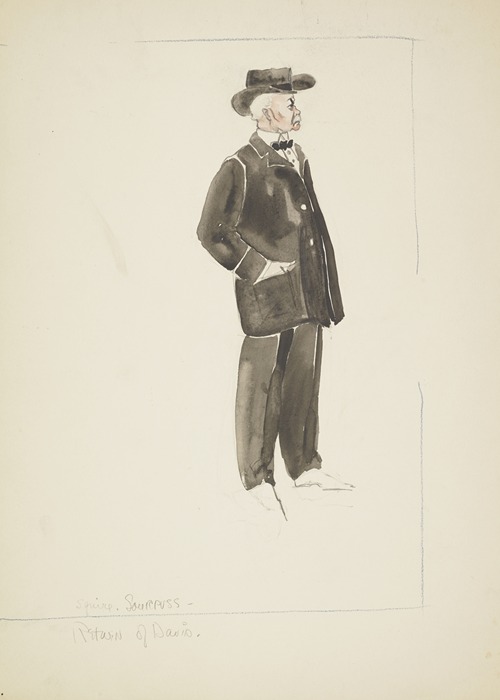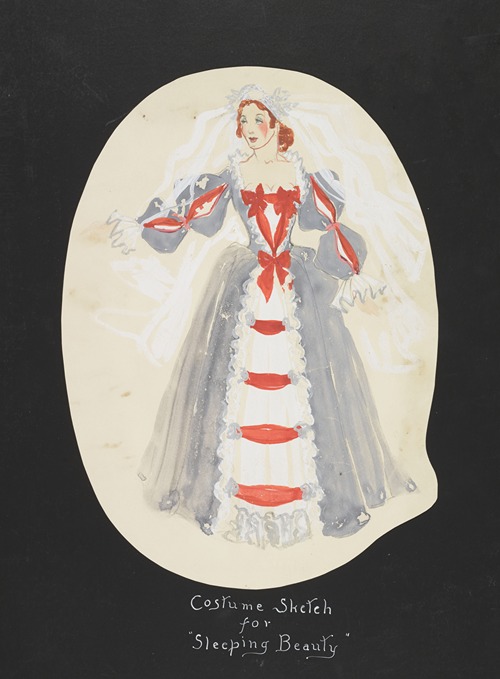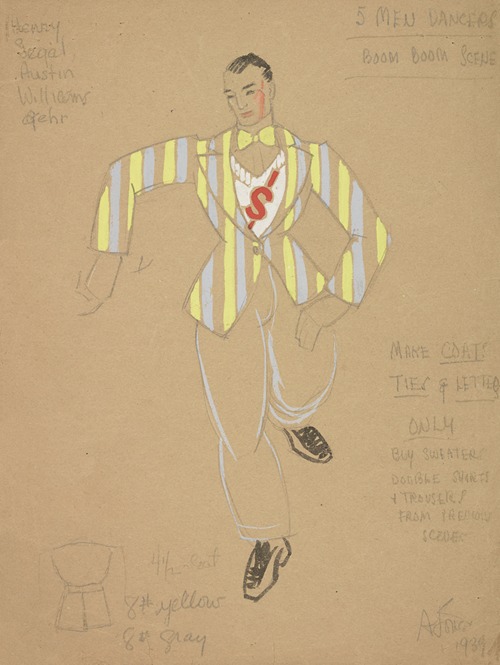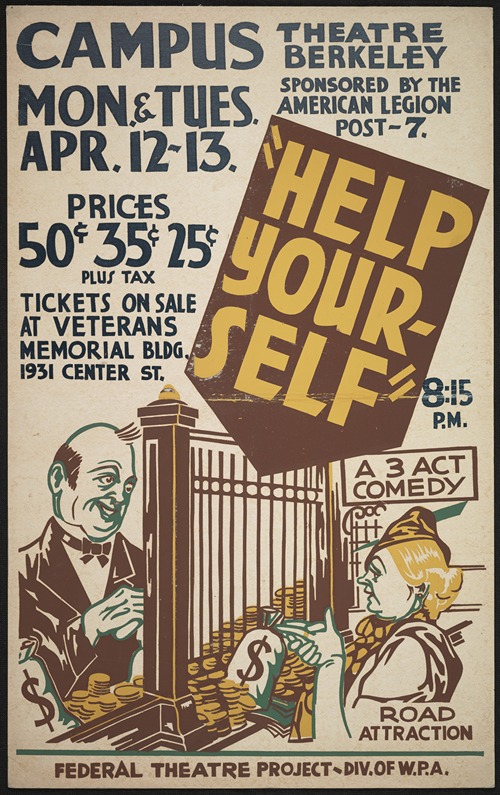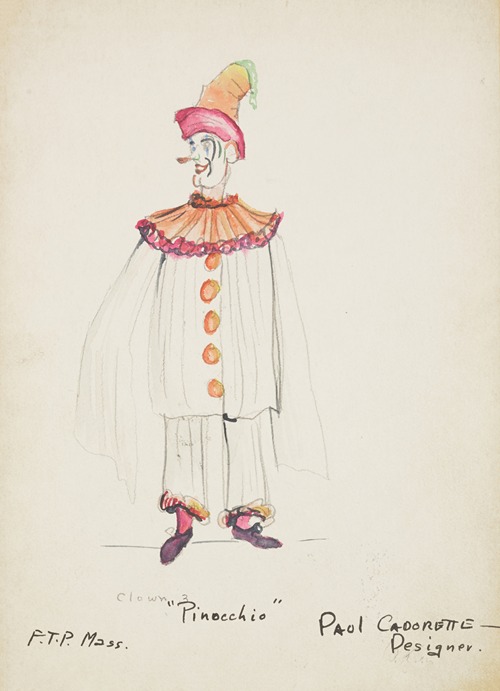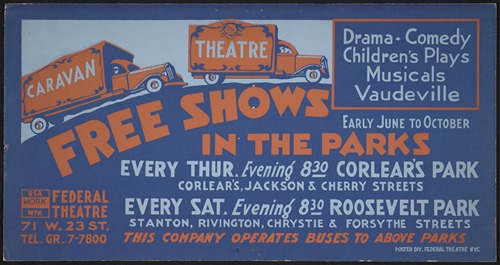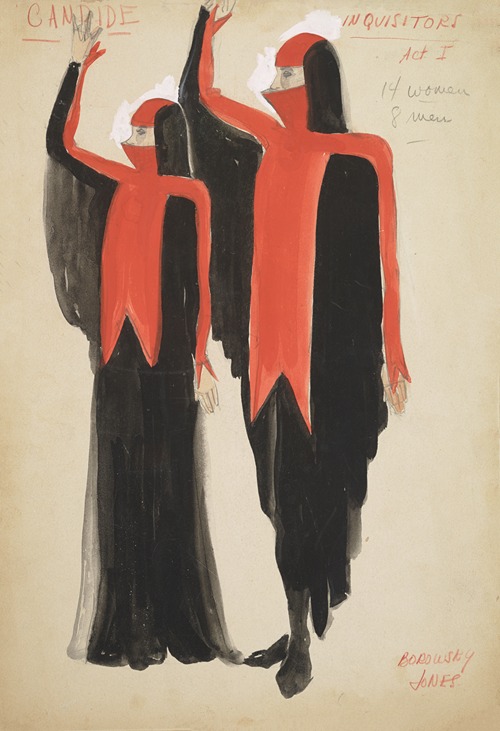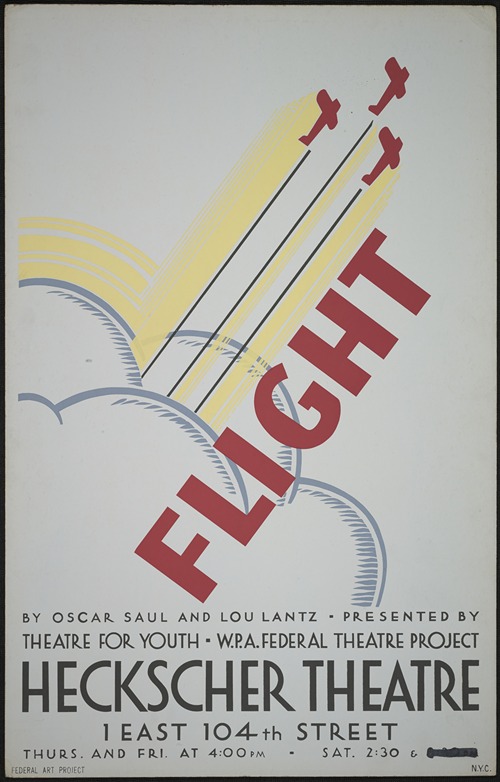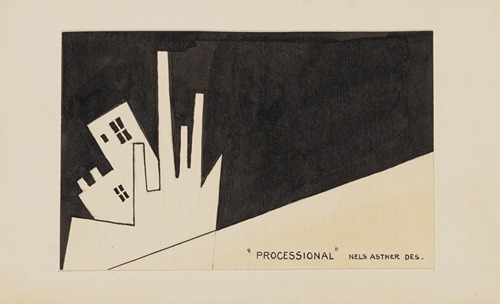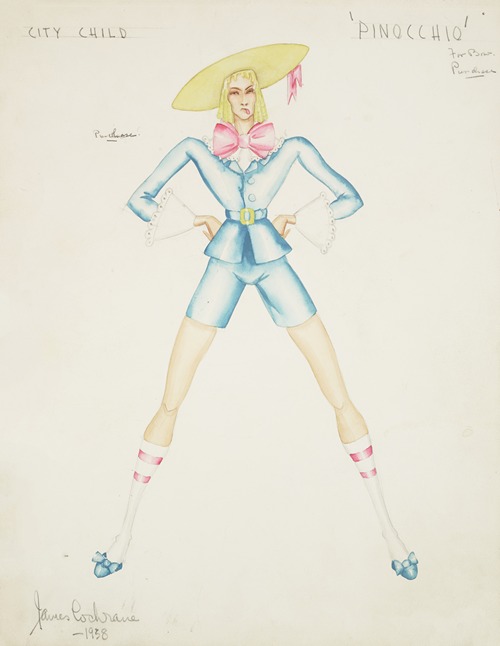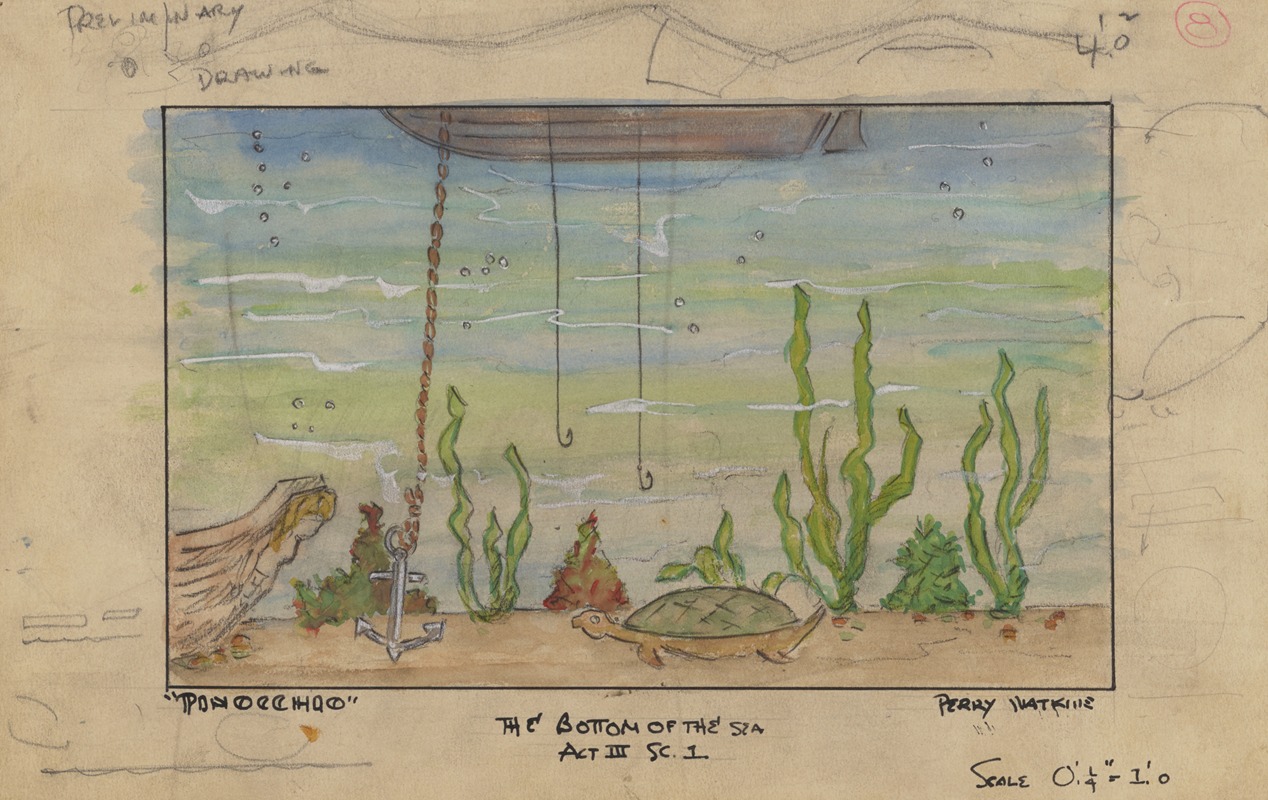
Perry Watkins was the first African American set designer on Broadway. He was also a stage painter, makeup and costume artist, producer, and film art director.
Born in Providence, Rhode Island on April 13, 1907, Watkins attended Hope High School where he and a friend hand wrote and decorated a daily newspaper called “The Foolscape.” Awarded a scholarship to study art at the Rhode Island School of Design in 1926, he studied figure drawing under Vincent Bernasconi and still life under Asa G. Randall, the school’s most prominent artists.
Despite having his paintings displayed at the Springfield (Massachusetts) Museum and the Providence Art Club, he struggled financially and worked as a waiter, chauffeur, insurance salesman, reporter, draftsmen, and commercial illustrator. By 1936, unemployed and broke, he applied to the Federal Theatre Project with a sample production, and was quickly employed.
Starting as a stagehand and becoming assistant technical director at Lafayette Theatre in New York City, he began a flurry of work, painting drops, dying costumes, and operating the lighting for several shows.
In 1939 Watkins made a breakthrough, becoming the first black Broadway set designer when he was commissioned by Guthrie McClintock for Mamba’s Daughters.
As a result of the show’s incredible success and a recommendation by Robert Edmond Jones, Watkins was permitted to take the drafting and art exam for admission into the Set Designer’s Union. He passed it easily and became the first African American to be admitted. In 1939 he taught in the Rose McClendon Workshop Theatre and the following year designed the set for the revival of The Big White Fog at Lincoln Theatre in Harlem.
Later in life he ventured into film and television, working on art direction and design for films such as Hercules in New York (1969) which debuted Arnold Schwarzenegger, Come Back, Charleston Blue (1972), the critically acclaimed blaxploitation film Across 110th Street (1972), and Gordon’s War (1973).
Perry Robert Watkins passed away August 14, 1974 in New York City at the age of 66.
